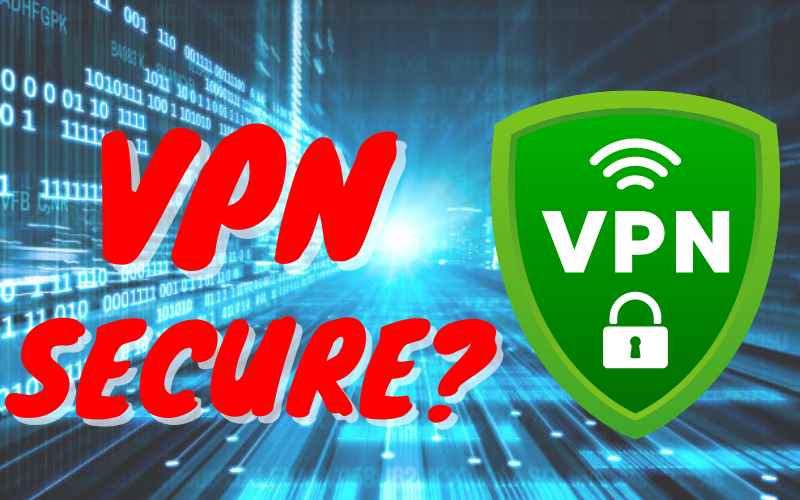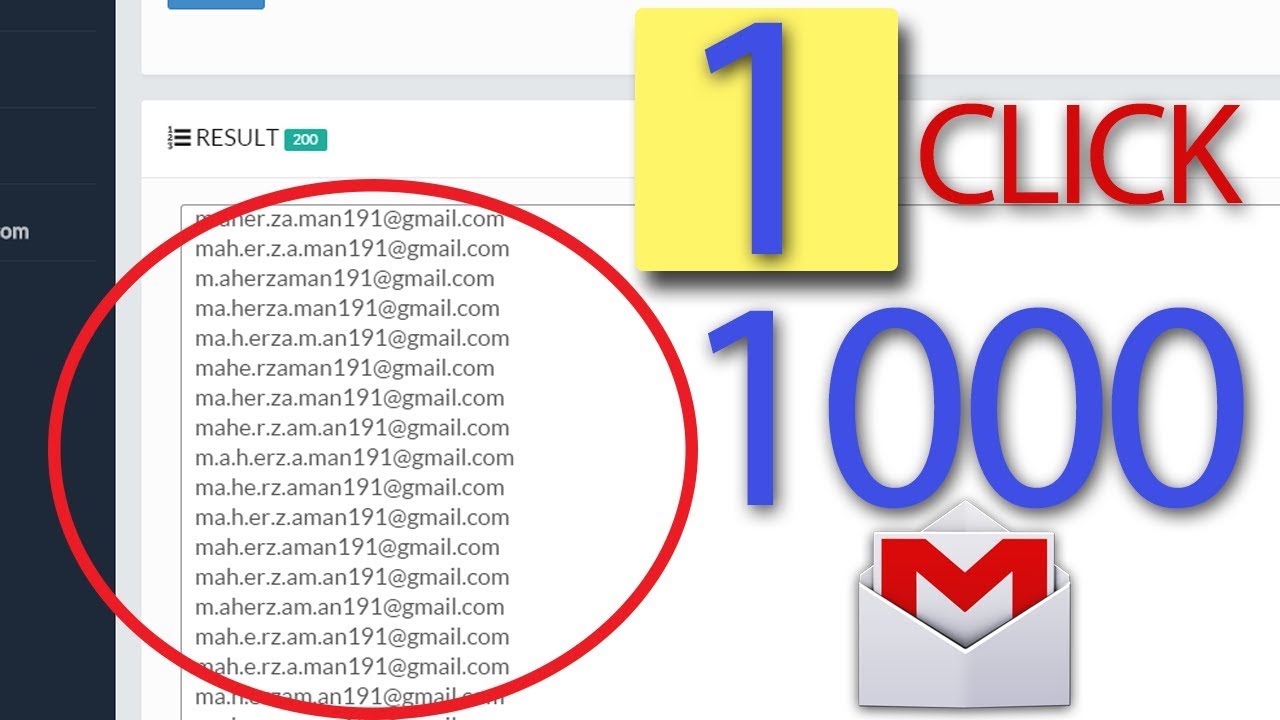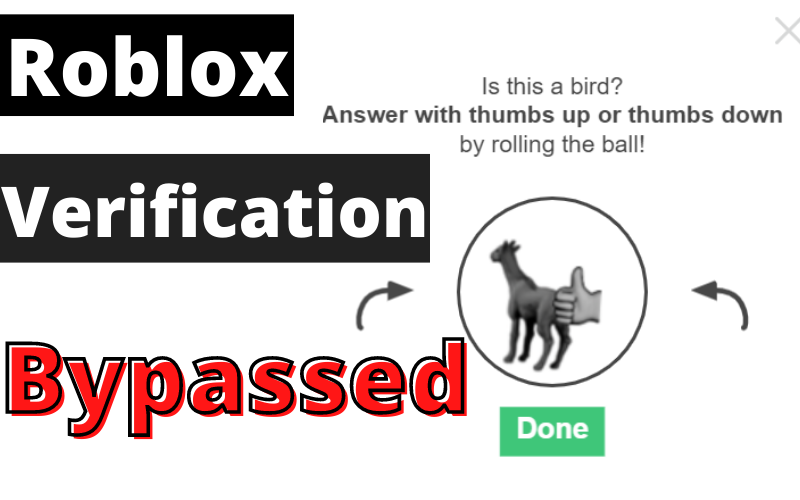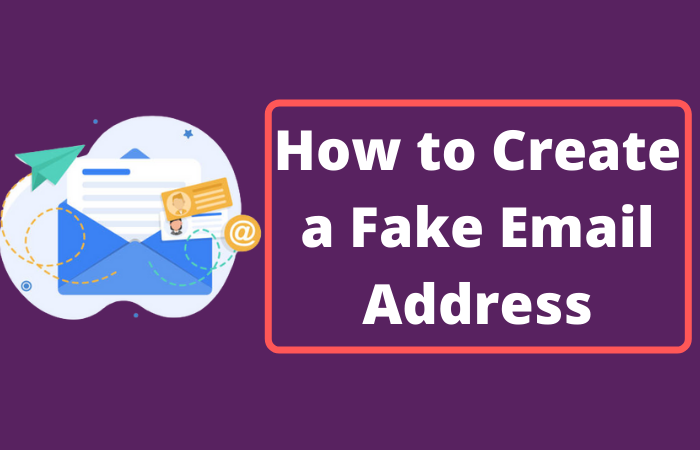A virtual private network (VPN) is one of the greatest methods to shield sensitive information while using the internet from potentially unsafe locations,
Such as public wi-fi networks, whether you're at a fixed location like an office or home, on your iPhone, or traveling.
The virtual private network (VPN) sector exists in anonymity online, walking a narrow line between helpful resources and misleading sales pitches.
Be sure you know these two hidden facts before you start your search for "the best VPN," as they will greatly assist you in your decision.
Before we begin, let's see what a VPN is and how it works.
What is a VPN?
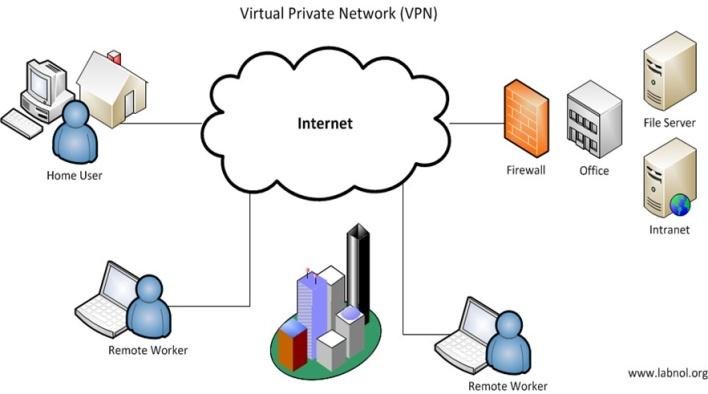
"Virtual Private Network" is what the abbreviation "VPN" stands for.
A virtual private network, sometimes known as a VPN, is a service that encodes the data that you send and receive over the internet.
This helps to maintain your privacy and safety while you are using the internet. The internet is essentially dangerous. When the internet was first conceived, its primary function was to facilitate the reliable transmission of data in the form of packets.
It was still early in the development of national and international networking, thus frequent disruptions were to be expected.
Instead of focusing on security throughout development, the fundamental protocols of the internet were designed with redundancy and fault tolerance as their primary goals.
Your common digital tools, such as email, the internet, messaging services, Facebook, and so on, are built on top of the IP foundation.
Even though certain standards have been developed, there are still some online programs that should be avoided due to security concerns.
Despite this, a significant number of people continue to engage in this practice without taking any measures to protect the privacy or integrity of their data.
This makes it simple for criminals to steal your personal information, such as the data of your financial accounts and credit cards.
It also makes it simple for governments to listen in on their citizens and for other internet users to spy on you for several nefarious reasons.
One way to think of a virtual private network, sometimes known as a VPN, is as a private tunnel that runs across the public Internet.
Before being transmitted, the data that you supply will be encrypted and concealed within a secret channel.
This will ensure that the data cannot be read even if it is intercepted in transit.
Virtual private networks (VPNs), despite their many benefits and proven ability to safeguard users' privacy, are not without their share of downsides.
How does VPN Work?
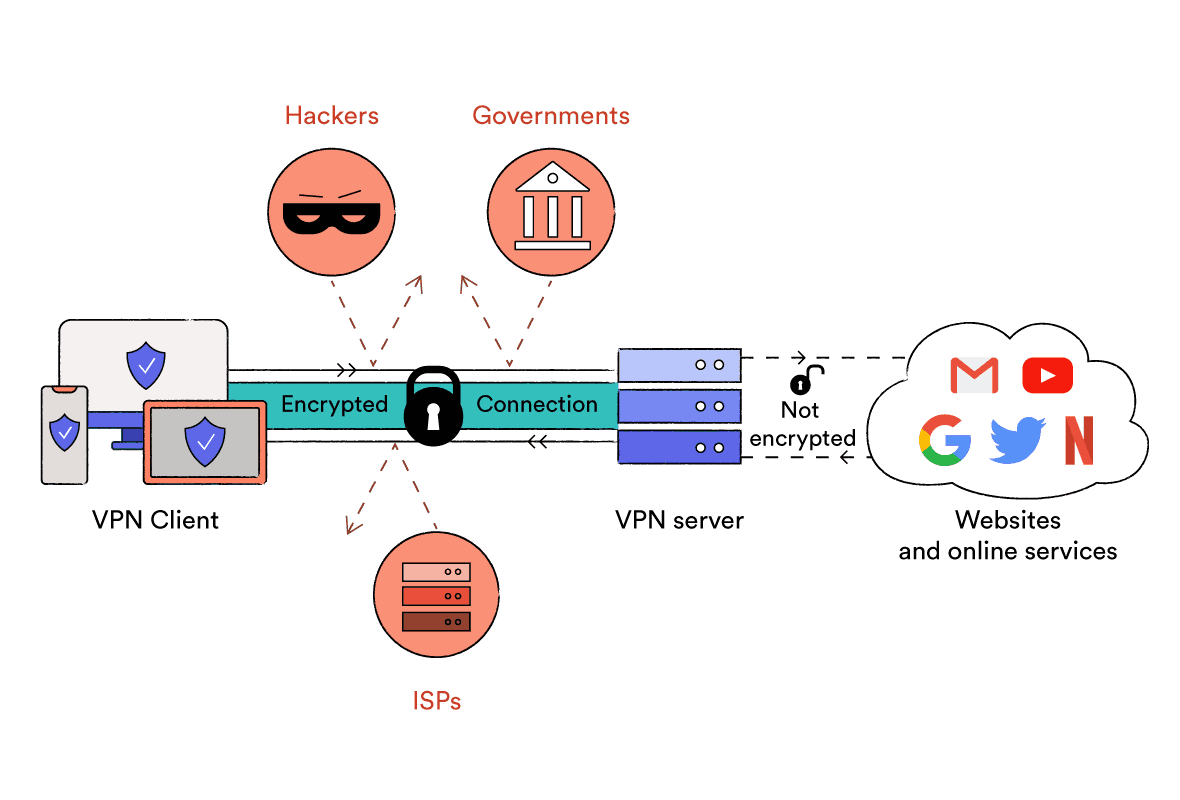
First, let's define what we mean when we say "communication" online. Let's say you're at your office computer and interested in visiting a website like Tempemailgen.
Your computer will need to transmit certain packets to make this request. Office networks often use a series of switches and routers to route data packets before sending them out onto the wider Internet.
Once out on the open internet, the packets will be sent around to many different computers.
The process of converting the DNS name Tempemailgen.com to an IP address involves a second query sent to a set of name servers.
Once your browser receives the response, it will re-route your request via the network again.
As it travels across the Internet, it eventually reaches the Tempemailgen infrastructure, which likewise routes the packets, retrieves a web page (which is made up of many smaller parts), and delivers it back to you.
Each request sent to the internet typically triggers a chain reaction of interactions between many different nodes.
Virtual private networks (VPNs) function by encrypting data packets at their source, making it impossible to decipher the contents or determine the user's true IP address.
Your VPN client software encrypts data packets and transfers them to a remote server for decryption.
Is it Legal to Use a VPN?
The answer is YES, but only partially. The Virtual Private Network provider CyberGhost asserts that its services are illegal in the United Arab Emirates (UAE), Turkey, China, Iran, North Korea, Saudi Arabia, and Russia, even though VPN use is legal in most other countries.
Vladimir Putin, president of Russia, has tightened down on VPNs (VPNs). Remember that many countries ban not only VPN services but also any service that allows IP spoofing, such as so-called proxy servers.
There is an inconsistency between punishments and restrictions.
Only VPNs that have received official approval from China's government are usable within the nation.
Using a VPN in the United Arab Emirates is illegal and punishable by imprisonment and/or a fine of at least the country's equivalent of $100,000. Get informed before visiting a foreign country.
Some non-native users of a country's VPN services believe they are entitled to unrestricted access because they are not natives of the country and are only using the service to access a corporate network. Something is wrong here.
Before connecting, be sure to check the rules in your area. As an additional precaution, you should check with your VPN provider to see whether they allow connections from the country you'll be visiting and if they are aware of any issues.
Two Secret Truths About VPNs You Should Know
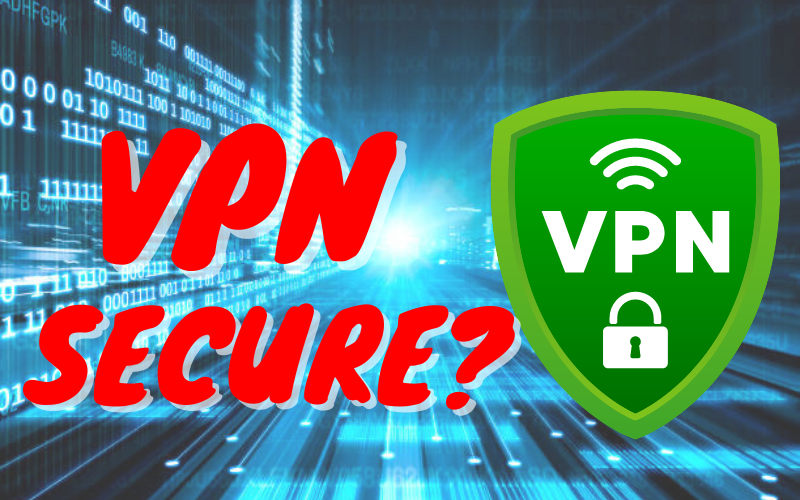
Some of the most important hidden factors contributing to fraud and abuse in the VPN business are as follows:
#1 Numerous VPN Services Providers Invest Heavily in Being Named Among The Best
There are a variety of legal means through which companies may reward their influencers for their work.
Two examples of these methods are affiliate commissions and endorsement partnerships.
However, the situation may get even more confusing when companies pay to have their VPNs featured on lists of "Best VPNs."
Every week, new and established VPN service providers contact influencers, be it YouTubers or bloggers, offering to pay A lot of money for them to review their service, and an even greater lot of money for those influencers to place them at the top of any best VPN list they create.
#2; VPNs Are Not Privacy Tools
When you use a virtual private network or VPN, your internet traffic is encrypted, and your IP address is concealed.
However, what you are doing is replacing your suspicion of your internet service provider or the government with blind faith in a virtual private network (VPN) provider that is very secretive about its identity.
Bottom Line
Despite these hidden truths, using a virtual private network (VPN) protects you from cybercriminals, enables you to surf the web anonymously, and assists you in evading geographical limitations so that you may access worldwide video streaming services.
Additionally, look for a VPN service that has a money-back guarantee and prices that are reasonable
